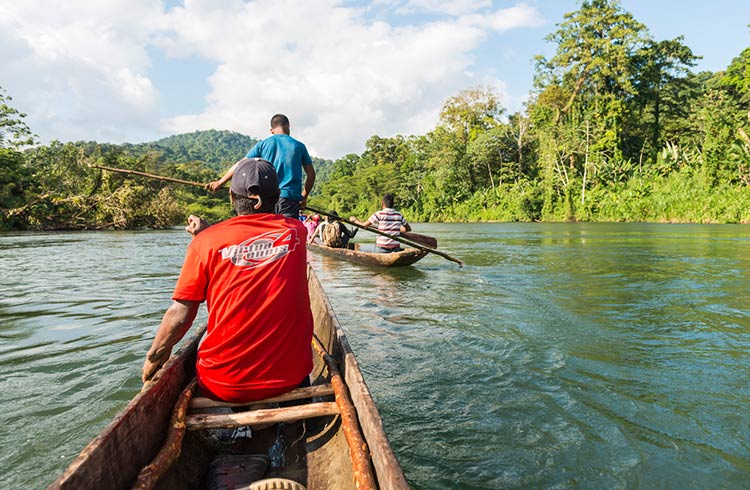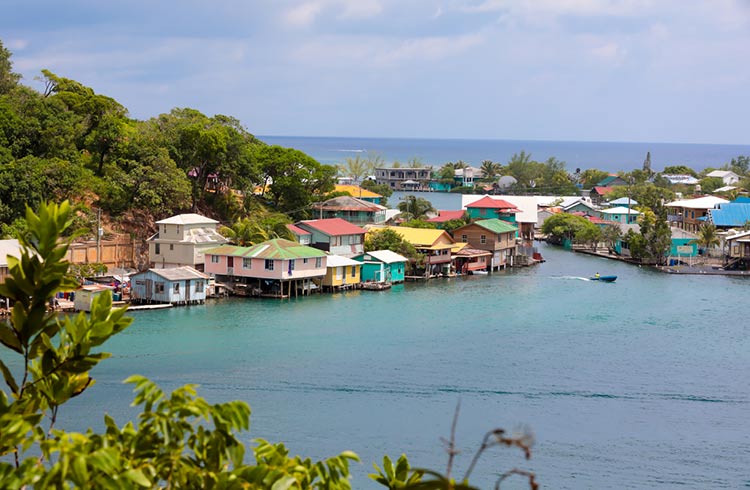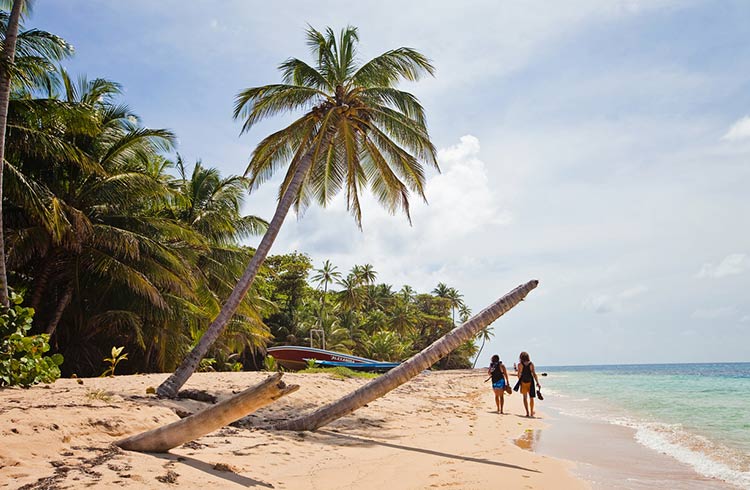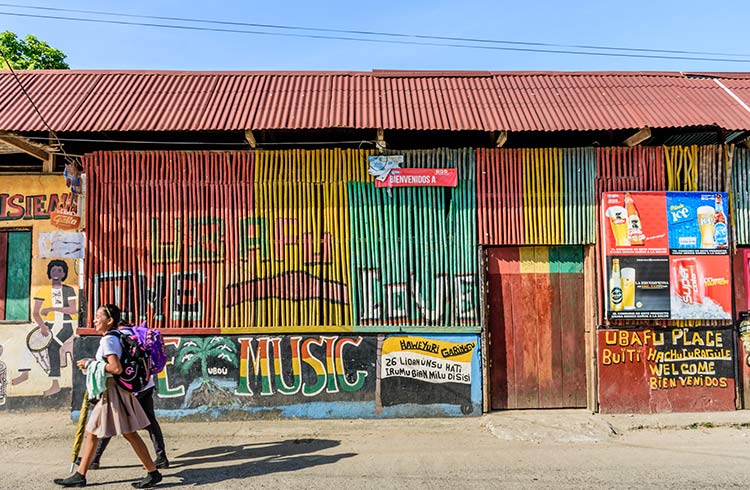How to Stay Healthy While Traveling in Honduras
Before you pack your bags for Honduras, here are a few tips to help you prepare for the climate and weather, and required vaccinations to keep you healthy and safe.
 Photo © iStock/helovi
Photo © iStock/helovi
- Staying healthy
- Weather and natural disasters
- Adventure time in Honduras
- A note for nudists in Roatan
Staying healthy
Insect-borne illnesses in Honduras
Insect-borne illnesses are quite common in Honduras, particularly Malaria and Dengue Fever. The northern areas are most notorious areas for contracting Malaria, however Dengue is relatively widespread throughout the whole country. In early 2019 there was an outbreak of Dengue Fever in Central America.
The Honduran Ministry of Health stated that during an outbreak and state of emergency in 2010, there were over 66,000 confirmed cases of classic Dengue and 83 deaths. Most cases were reported in Tegucigalpa and San Pedro Sula.
Typhoid and Hepatitis A are also present in Honduras, so it's best to get the vaccinations required for those before you travel.
Yellow Fever and Zika virus are also present in Honduras. It is recommended to get the necessary vaccination for Yellow Fever before you travel to Honduras as it is a requirement for re-entry into several countries such as United States, Australia, UK and others.
How to keep the mosquitoes bites at bay in Honduras
If you’re planning a visit, pack plenty of good quality insect repellent (preferably containing the ingredient DEET) and use it copiously during your stay. There are also locally made insect repellants available at pharmacies in Honduras, some travelers swear by it and it may be worth giving it a go if the repellant you bought from home isn't keeping the swathes of mosquitoes at bay. Grab some anti malarial medication as well before you travel to Honduras.
You should bring clothing that'll adequately cover your skin, such as long sleeved shirts, pants and closed-toe shoes. The less exposed skin, the lower the risk of receiving an insect bite.
Mountain leprosy
Honduran authorities have reported a surge in cases of leptospirosis, sometimes referred to as mountain leprosy. The disease is most commonly contracted by walking or swimming in water that’s been contaminated by animal urine. If caught quickly, the disease can be successfully treated with antibiotics. However, it’s probably not something you’d like to experience – so avoid coming into contact with dirty water.
Air pollution
During the dry season, severe air pollution can become a problem, particularly for those suffering from existing respiratory issues. This is made worse by widespread forest fires that often spring up and agricultural burning. If you happen to be in Honduras when pollution levels are high, take appropriate precautions; such as wearing a face mask to protect your nose and mouth, and remaining indoors whenever possible.
Can I drink the tap water in Honduras?
Tap water quality is no good in Honduras, so avoid drinking tap water at all costs. You should also avoid consuming fruit that's been washed with tap water, and drinking soft drinks with ice in them, since the ice may be contaminated. Bottled water is widely available, but you should consider packing a reuseable water bottle to reduce your environmental impact, and boil water back at the hostel to refill.
Weather and Natural Disasters
Given its tropical climate and location, Honduras is quite susceptible to hurricanes.
Hurricane season typically runs from June–November. But, tropical storms can pop up frequently, bringing high winds and torrential rains which can in-turn cause flooding and landslides. Rural areas see the most damage, with entire roads being washed away.
The area is also prone to earthquakes, and the dry season can bring severe drought and subsequent forest fires. Take this into consideration when planning your trip, so you can avoid potential weather concerns during your stay.
Adventure Time in Honduras
The rugged terrain in Honduras makes it a prime location for adventurers. Activities are widely available, from whitewater rafting and kayaking to scuba diving and canopy tours, but keep in mind the country enforces little–to–no safety standards on such activities. This makes already-risky acts far more dangerous.
Over the past several years a number of trouists have lost their lives while participating in adventure sports in Honduras. If you plan on partaking, do so with extreme caution.
A Note for Nudists in Roatán
Travelers should be aware that Roatán happens to be a popular destination for nudists – particularly the Paya Bay Resort.
The resort isn’t 100% nude, however they do have certain designated weeks when it becomes a nudist colony. So, if your itinerary includes a stay there and you don’t want to spend your time without clothing, plan accordingly. Check out the resort’s website for information on the nudist schedule.
In addition to the scheduled weeks, the resort is also divided into three zones. Zone 1 is completely nude, Zone 2 is for topless sunbathers, and Zone 3 is for those who prefer clothing. Plan ahead, or you may get the surprise of your life!
Waterfalls, beaches, mountainsides and national parks give travelers to Honduras the opportunity to enjoy nature at its best. The locals who welcome you to their country and share their unique heritage, culture, and traditions make this one of the most memorable places to visit. Just be sure to prepare ahead of time so you can stay healthy and know what to expect once you get there.
Related articles
Simple and flexible travel insurance
You can buy at home or while traveling, and claim online from anywhere in the world. With 150+ adventure activities covered and 24/7 emergency assistance.
Get a quote


No Comments